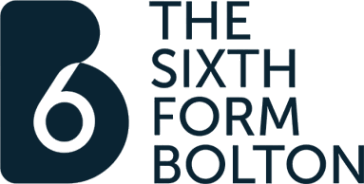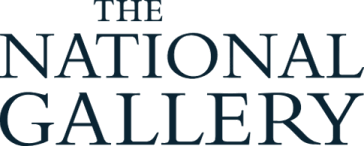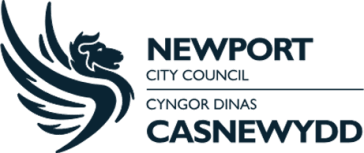How CFOs can free up time through digitalised finance processes

Imagine if you could implement a finance solution that would help you stay on top of pressing deadlines and dates, and free up more of your time.
Time is precious and I'm sure we all wish we had more of it. For finance leaders with tight deadlines, there are many activities that waste too much time for the busy professional due to process issues.
Some of the biggest time-draining problems include:
- Disparate data in separate solutions or spreadsheets
- Inaccurate data or human error that’s untraceable
- Preparing for a legislation change, such as IFRS 16
- Manipulating data into a useable format
- Reacting to changes in the market
- Financial consolidation across multiple subsidiaries
- Preparing for year end and tax returns
There are probably many more you can think of, but from the finance leaders I speak to these are some of the most frustrating.
Here are four tips to help improve efficiency within your finance department and combat some of the biggest time wasters.
1. Work from a single source of the truth
An organisation may have multiple software solutions from CRM, HR and Payroll to Finance, Sales and Marketing. This creates disparate data and information spread out across the organisation with potential overlap and discrepancies between them all. So how do you know which solution has the correct figures? Not only can collecting data be tedious but it can also be frustratingly inaccurate and takes time away from finance teams being able to analyse the data.
Implementing a solution that can connect disparate systems can help to tell one story, which gives finance teams a holistic view of your organisation and departmental performance. Having data that is accessible makes reporting easier, gives finance teams the advantage to spot opportunities and identify trends within the organisation.
At MHR, we partner with platforms such as IBM, Microsoft, SAP and CCH Tagetik to provide our customers with the right solution for them. We have the expertise to understand the issues your business faces and help to implement a total solution that can combat them.
2. Move towards an xP&A strategy
Traditional financial planning and analysis (FP&A) links revenue, expenses and capital expenditure data and pulls these elements together for budgeting, reporting and forecasting.
But imagine what could be achieved if this strategy was extended out to HR, Marketing or Sales; Extended Planning and Analysis (xP&A). Not only does this provide a holistic view of the organisation, but it also encourages collaboration across different departments. It enables the finance teams to share the most up to date data and gives them confidence in their decision-making and budgeting.
It also helps the finance team save time rather than trying to report from different budgets that have been set by different departments on different spreadsheets in different locations. Everything can be kept in one planning solution that is secure, easy to locate and collaborative. Using an xP&A strategy will allow you to plan across the business up to twenty years into the future.
3. Automate your close and consolidation process
According to Accounting Today, it can take on average 6.4 days for organisations to complete their monthly close. This means it could take finance teams up to 100 days a year to try and match reports, manipulate data and investigate any discrepancies. Then there is consolidation which can bring further problems/challanges.
We partner with CCH Tagetik to streamline the most complex and time-consuming tasks encountered through monthly and yearly close and consolidation. Helping you to streamline allocations, depreciation calculations, manual journal posting and data validation, taking away those time-consuming tasks. The solution also provides visibility, accuracy and compliance of data.
To read more about how CCH Tagetik can help automate your close and consolidation read our Driving Finance Efficiency blog.
4. Plan and model for the future
Being able to pivot quickly and change direction has become a necessity during the pandemic. However, this can take time manually updating spreadsheets to see the impact changes can cause your organisation or departments.
At MHR we offer scenario planning solutions that allow you to quickly see the impact of changes before they are implemented. At a click of a button, you can evaluate scenarios across all departmental budgets without needing to update multiple spreadsheets. You’ll also be able to plan many years into the future and be able to use your insights to help inform strategic business decisions.
If you would like to know more about how our solutions can help you save more time, don’t hesitate to get in touch and speak to one of our experts.


































































